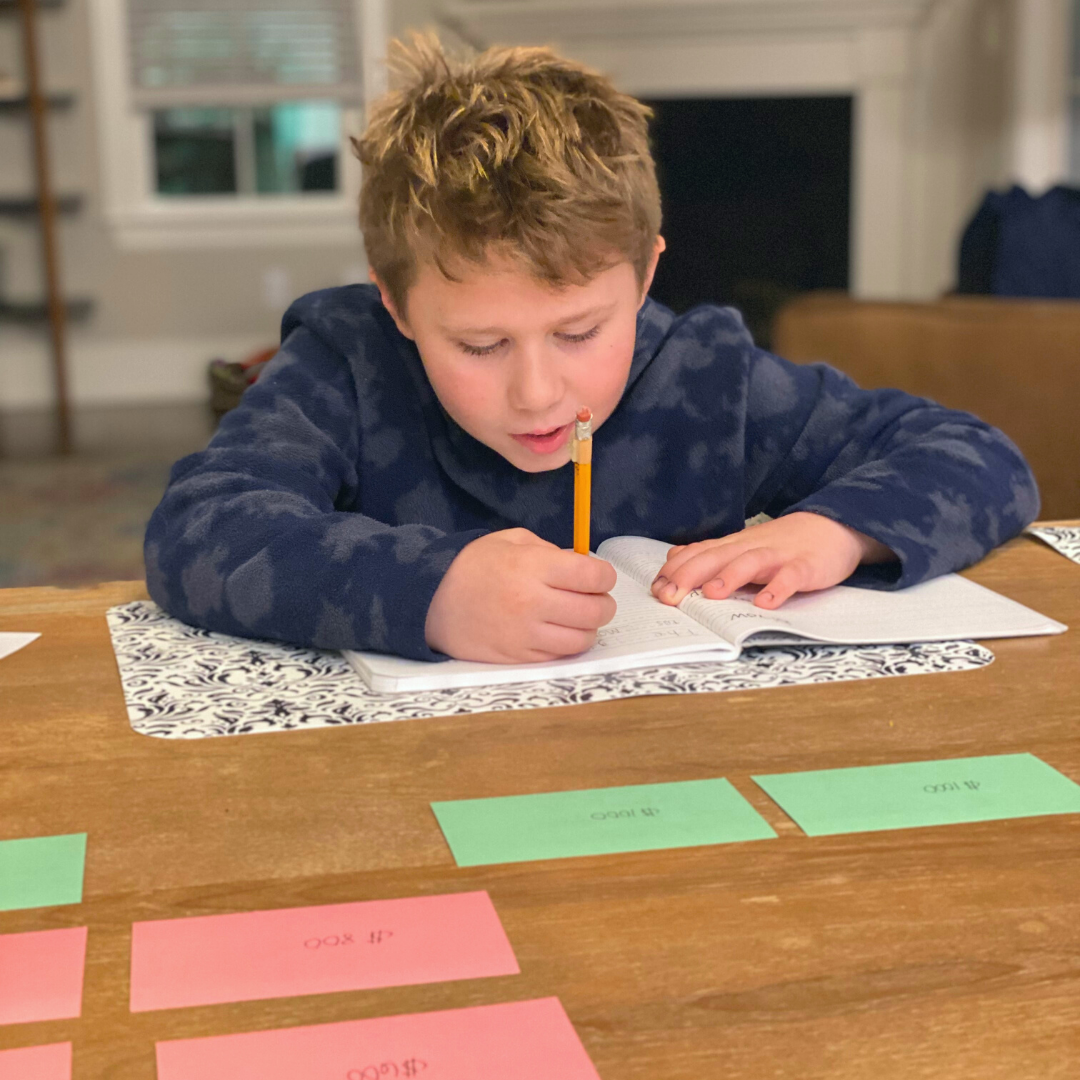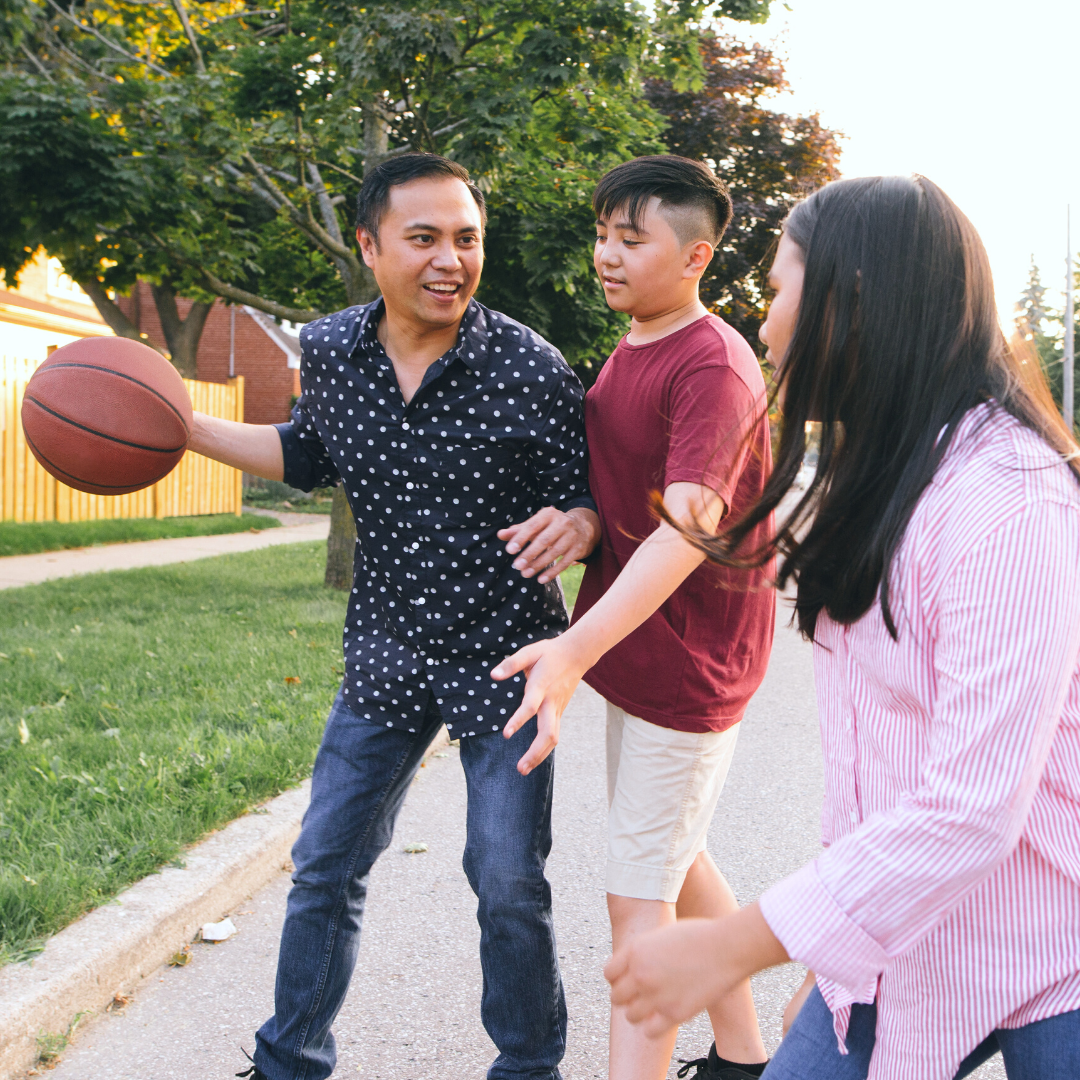What are leisure skills?
To put it simply, a leisure skill can be thought of as any out-of-school activity that is of personal interest to a young person, like sports, arts & crafts, games, music & theater, outdoor activities, etc. Leisure skills are skills a child can utilize to occupy themselves when they have down time or free time; these are skills they can do without the help of others. These skills give children the ability to engage in activities such as coloring, reading, listening to music, playing a game, playing with toys, or watching a movie or television show.
Participating in leisure activities has many developmental benefits.
These include:
- Academic achievement
- Personal development (identity and skill development, development of hobbies & interests, development of initiative)
- Interpersonal development (social skills and friendships)
- Development of beginning work skills and executive functions, (time management, persistence, following directions)
- Social and emotional development (managing feelings, controlling impulses, improved self-esteem)

When children know how to engage in leisure activities during their unstructured, down time, they are more likely to choose adaptive skills over maladaptive ones, that could get them in trouble. Maladaptive skills can easily become a person’s preferred activities without leisure skill development.
Children with disabilities often have difficulty participating in leisure activities. This can be due to a variety of factors, randing from choosing a leisure activity, to finding an activity which is developmentally appropriate, to lacking the necessary skills to participate in that activity.
The good news is: LEISURE SKILLS CAN BE TAUGHT!
How to teach leisure skills:
- Help your child choose a leisure activity by simply bringing an activity to the attention of your child and if they explore it without your assistance, you have a winner!
- Try introducing a variety of activities so that your child can have a leisure skill toolbox.
- Introduce leisure activities in a variety of settings so that your child doesn’t get locked into only learning how to engage in one type of leisure skill in one setting.
- Teaching leisure skills alongside emotional regulation strategies will help your child be more successful. Teaching your child how to cope with unexpected changes will help them participate in unexpected changes to leisure activities. For example, if your teen makes plans to check a preferred book out of the library for participation in leisure reading and the library does not have that book available, teach your child how to manage the disappointment of this so that they can make another choice.
- Schedule play dates or get togethers with your child so that they can participate in leisure activities with their peers.

The development of your child’s leisure skills also hold benefits for you as the caregiver too!
- Leisure skills can serve as a motivator to help your child move through less preferred activities with more focus and determination.
- When your child is engaging in leisure activities, they will have more mastery of their downtime, which means that you, as their caregiver, will have more down time of your own.
If you have concerns about your child’s leisure skill development, please reach out to us!
Blog by Nicole Kristal, MS, OT/L, PEERS Certified Provider

0 Comments